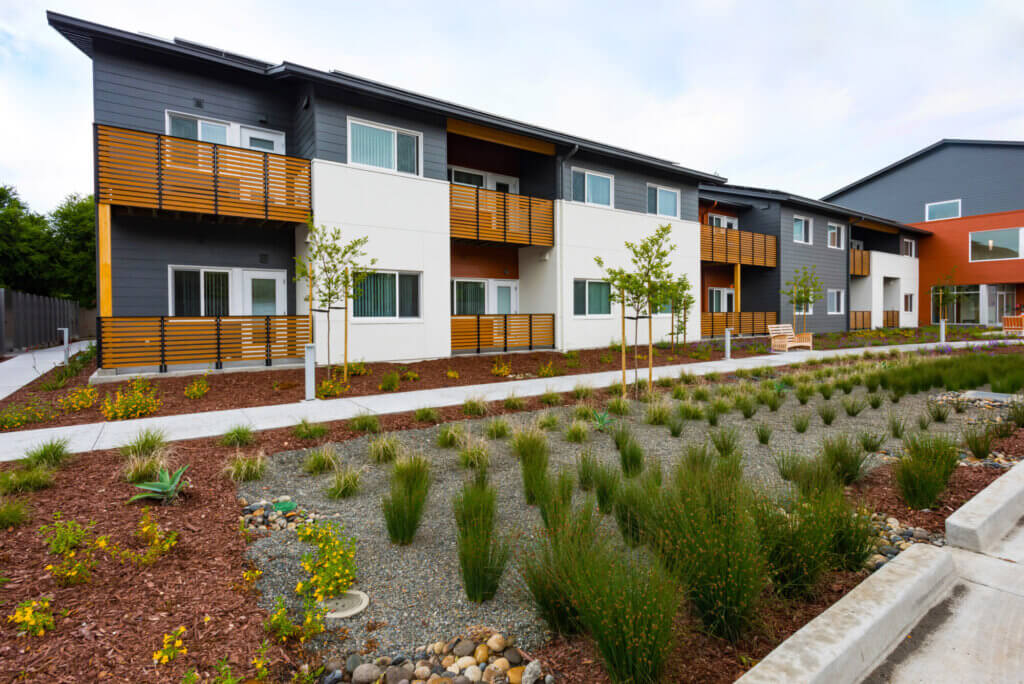A Reform Proposal for the Federal Housing Administration
Published On November 17, 2017
Media reports and other sources in Washington, D.C. suggest momentum is building for housing finance reform. According to a recent piece in National Mortgage News, “the White House and congressional GOP are eyeing a tight window between tax reform and the 2018 midterms to pass housing finance reform. And with key policymakers readying their exit, the effort could be the most concerted push yet.”
As policymakers debate the future of the nation’s housing finance system, I urge them not to overlook both the importance of the Federal Housing Administration and the improvements it needs in order to fulfill its mission and be an effective steward of government backing.
The FHA was founded in 1934 during the Great Depression with the goals of increasing homeownership and stimulating the building industry and the economy. FHA fueled a rise in middle class homeownership and helped to spur suburban growth. While advancing these goals for decades, FHA deployed direct exclusionary and discriminatory practices that favored some communities over others – practices that only began to be addressed legally in the 1960s and 1970s.
However, in more recent decades FHA’s legacy has been turned on its head: it has become a central point of access to homeownership for lower wealth and minority borrowers. In 2015, 47 percent of African-American, and 49 percent of Hispanic homebuyers using a mortgage to purchase a home did so with an FHA-insured mortgage. Now playing such a crucial role in creating access to homeownership (especially for those who have been traditionally underserved) we must ensure this new legacy is preserved; future generations of families must be adequately served by FHA and be able to equitably pursue the American Dream of homeownership.
But to do this, FHA must be modernized in its structure, operations, policies and governance.
Today we are releasing a paper intended to start a conversation about these needed reforms, and about the future of the Federal Housing Administration. As a former Commissioner of the FHA, I know well the important role FHA plays in providing access to homeownership and counterbalancing a sometimes volatile housing market. However, I have also seen firsthand the enormous challenges FHA faces in carrying out this role.
The paper proposes a number of changes that will better equip FHA to complement the conventional mortgage market and operate effectively for American families. This is crucial for the for the broad objectives of housing finance reform to be realized: a failure to modernize FHA and ensure its complementary role would threaten access to homeownership for many and could also increase risk to taxpayers – precisely the opposite of the intended goals of housing finance reform.
The changes we propose include more refined targeting of FHA homeownership programs, greater operational and risk management capabilities for the agency, and new and better ways of funding FHA’s required administrative functions. A summary of the proposed reforms can be found here.
My hope is that the recommendations offered in this paper spark a conversation about the administrative, policy, and structural changes needed to make FHA a fitting complement to the conventional market while reducing unnecessary risk to U.S. taxpayers. We look forward to engaging with others on these ideas, and together refining them into the most promising and workable solutions to make the Federal Housing Administration even more effective in supporting the American economy. We know it’s time for a new housing finance system; it’s also time for a new FHA.





